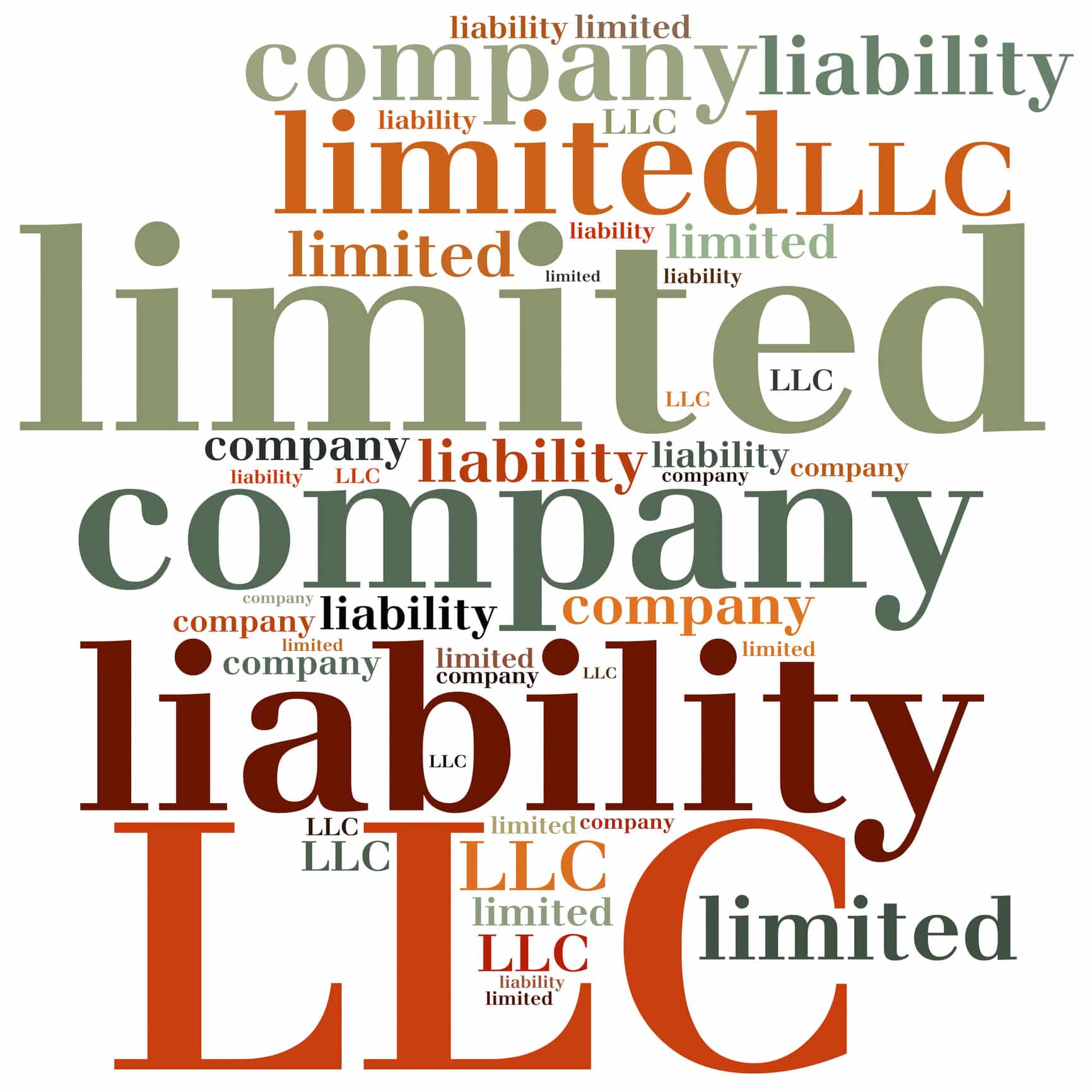
What is an Estate Plan?

What is an Estate Plan?
By: Marc E. Summers, Esq.
What is an Estate Plan and why do I need one? What is a Will, what is a Trust? I get these questions frequently.
Simply put, an Estate Plan is a bunch of documents that do legal stuff…. easy enough, right? But what really is an Estate Plan and what does it include? An Estate Plan encompasses your legal documents, your insurance policies, your investments, and other pay-on-death assets (and helps to make sure they all work together to accomplish your end-of-life goals).
On the legal side, an Estate Plan is a series of documents, which include a Will and/or a Trust, that accomplish multiple things, from instructing how you want your property distributed upon your death and the nominating the person you want to be in charge of your property when you pass (called an “Estate”); to granting powers to other people, if you become incapacitated, to act on your behalf.
An Estate Plan generally has four or five main documents: The Trust and/or Will; Property Power of Attorney; Medical Durable Power of Attorney; and the Advanced Medical and Surgical Directive (often referred to as a “Living Will”, but I call it the “Pull the Plug” document for levity and factual accuracy!).
Why do I need an Estate Plan? My three main reasons for having an estate plan are:
1. A Will or Trust is your set of instructions regarding how you want your property distributed at your death. You are in charge of saying who gets what, or who gets nothing (I have left everything to my dog because my kid really likes surprises!). For example, you can instruct charitable giving; giving to friends, other family members, grandchildren, your favorite attorney, and, importantly, making sure your pets or livestock are taken care of after you pass away. You decide where your property goes, not some law established by the State of Colorado (which does control under circumstances when someone dies without a Will, which is called “Intestate”). Under Colorado laws regarding intestacy, your property might end up with someone you didn’t want to have it if you do not have a Will. A Will or a Trust ensures your intent is followed after your death. Furthermore, having a Will or a Trust can help to prevent your adult children (or whomever you put in charge of your Estate) from dealing with a potential mess.
2. If you have minor children and something happens to you and your spouse – who will raise them? In your Will you nominate who you want to be the Guardian of your minor children in the event you and your spouse pass away. By nominating a Guardian in your Will, you are informing a judge of who you want your child to live with and be raised by. Without your instructions, a judge must make a decision based upon what the judge believes to be in the best interest of the child – which could mean your in-laws, your brother who still lives in a basement, some distant relative. The worst cases see a “Grandparent War” in that both sets of grandparents end up in court litigating for Guardianship. Remember, your child is dealing with the death of their parent or parents, now they are thrust into the middle of their grandparents fighting over them and potentially being unsettled further during a time of tremendous grief and uncertainty. Make a Will and nominate the Guardian.
3. You only get to die once, but your opportunity to become incapacitated is unlimited. If you are in an accident and cannot make decisions for yourself (let’s, say you are unconscious and cannot make medical decisions) a power of attorney allows someone you trust to make decisions for you both concerning your property and your medical. I get this response frequently – “If I am unconscious or can’t make decisions, my spouse can make the decisions” – this is true to a point, however, think of how often you and your spouse are in a vehicle together. What if you and your spouse are in the same car accident and you are both unconscious? Who makes the decision then? Under the Medical Power of Attorney, you nominate backups to act on your behalf if your spouse cannot – just in case something like this happens. Generally, you nominate your spouse as your primary agent, then an adult child (that you trust to do a good job!), if you have one, or trusted friend or relative if you do not have a child you trust – it happens. The people you nominate to act on your behalf regarding your medical decisions or your property are called “agents.” They are subject to what is called a fiduciary duty, which is imposed by law. If they are not acting in your best interest, you or your family can have them removed, or even sue them if necessary – you never know, they make movies about this kind of stuff because it happens. Pick the person who is going to do the best job. If your adult child cannot manage their own finances, they can’t manage yours!
August is Make a Will Month, so it must be important if it has its own month. If this all sounds overwhelming, take a deep breathe, it really isn’t that bad. We can help. If you have been thinking about getting your “affairs in order,” let McDonough Law Group help you. Our attorneys will work with you to create an Estate Plan that works for you to accomplish your goals, and one that you actually understand!
Marc E. Summers, Esq.
Marc is an attorney with McDonough Law Group focusing his practice on Estate Planning, Probate and Trust Administration, Succession Planning and Business law. Marc is based in our Grand Junction, Colorado office and has been serving Colorado’s western slope since 2006.
View Marc’s LinkedIn profile.









